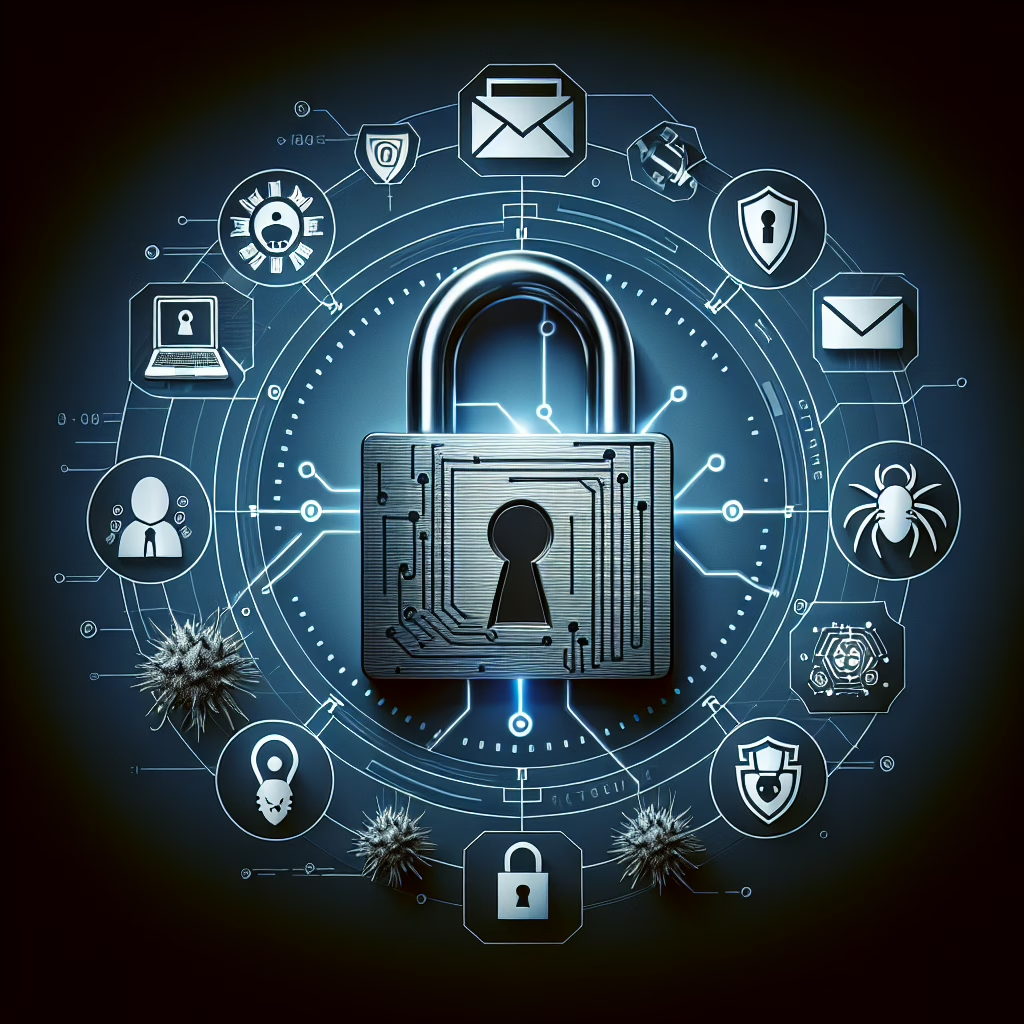In today’s digital age, the internet can sometimes feel like a carnival—bright lights, fun games, and the occasional creepy clown trying to swipe your personal details. Yes, folks, we’re talking about the infamous dark web, where you can find almost anything, including $25 software kits designed to steal your personal information. But fear not! In this guide, we’ll explore some insightful strategies to help you remain safe amidst this digital circus.
What Are These $25 Software Kits?
Imagine a world where for the price of a fancy coffee, you can purchase software that would make even the most seasoned hacker drool. These $25 software kits are readily available on the dark web, promising potential buyers access to a treasure trove of stolen data. From usernames and passwords to credit card information, it’s like an all-you-can-eat buffet for identity thieves!
The creators of these kits have mastered the art of making illicit software look appealing. With flashy descriptions and glowing reviews from other shady characters, they sell a dream: easy money at the expense of unsuspecting victims. However, don’t let their marketing tactics fool you; using such software is illegal and unethical. Plus, who really wants to spend their days worrying about law enforcement knocking on their door?
How Do They Work?
These kits often come equipped with user-friendly interfaces that even your tech-challenged uncle could navigate after a couple of beers. They typically include features like:
- Keyloggers: These sneaky little programs track every keystroke you make, giving hackers access to passwords and personal messages.
- Phishing Tools: Think of these as digital fishing rods, luring in unsuspecting users with fake emails or websites designed to capture sensitive information.
- Data Harvesters: These tools scour social media and other public domains for information that can be pieced together like a jigsaw puzzle of your life.
While this might sound like something straight out of a spy movie, it’s happening every day in the shadows of the internet. So how do you protect yourself against these dastardly plots?
Top Tips to Stay Safe from Dark Web Dangers
If you’re wondering how to safeguard your personal details in this wild online world, look no further! Here are some practical tips that even your grandma could follow:
- Use Strong Passwords: Create passwords that are longer than your average novel and mix in letters, numbers, and symbols. A password like ‘FluffyCats123!’ is much better than ‘password123’.
- Enable Two-Factor Authentication: If it’s offered, use it! It’s like having a bouncer at the door to your online accounts—only allowing in those who belong.
- Stay Updated: Regularly update your software and devices. Those pesky updates often come with important security patches that protect you from vulnerabilities.
- Be Wary of Public Wi-Fi: Connecting to public networks? It’s like inviting strangers into your house! Use a VPN for an extra layer of security.
- Educate Yourself: Stay informed about common scams and phishing techniques. Knowledge is power—especially when it comes to avoiding traps laid by cybercriminals.
The key takeaway? Arm yourself with knowledge and tools that will keep you one step ahead of those who wish to exploit your personal details.
The Importance of Vigilance
As tempting as it may be to dismiss these threats as mere scare tactics, remaining vigilant is crucial. Cybersecurity isn’t just a buzzword; it’s an essential part of modern life. Just as you wouldn’t leave your front door wide open in a neighborhood known for its burglaries, don’t leave your online accounts unprotected!
If something seems too good to be true—like a $25 software kit promising riches without effort—it probably is! Trust your instincts and avoid diving headfirst into suspicious waters.
Your Digital Safety Net
The good news is that there are plenty of resources available to help protect your digital life. From comprehensive antivirus programs to privacy-focused browsers, these tools act as your very own safety net against potential threats lurking in the shadows.
You can also enhance your online presence by regularly monitoring bank statements and credit reports for any unusual activity. After all, catching fraudulent transactions early is key to minimizing damage!
Your safety should always come first. The dark web may seem ominous and overwhelming at times, but with the right knowledge and tools at your disposal, you can navigate it safely without losing sleep over what lurks beneath.
So there you have it! A humorous yet insightful look into how $25 software kits operate on the dark web and how you can safeguard yourself from becoming their next victim. Protecting your personal details may feel like an uphill battle sometimes, but armed with these strategies, you’ll be well-equipped to face whatever comes your way!
We’d love to hear your thoughts! Have any tips or experiences related to online safety? Share them in the comments below!
For further reading about the dark web and its implications, check out these articles on our website: Fresh iPhone 17 dummy unit leak may show camera bumps and MagSafe connectors for all four models, Discord Under Fire: Child Safety Lawsuit Filed as Platform Rolls Out AI Face Scanning, and Roblox, Meta Face Lawsuits Over ‘Deeply Disturbing’ Child Safety Failures.
Remember, knowledge and vigilance are your best tools in navigating the ever-changing landscape of online safety.

